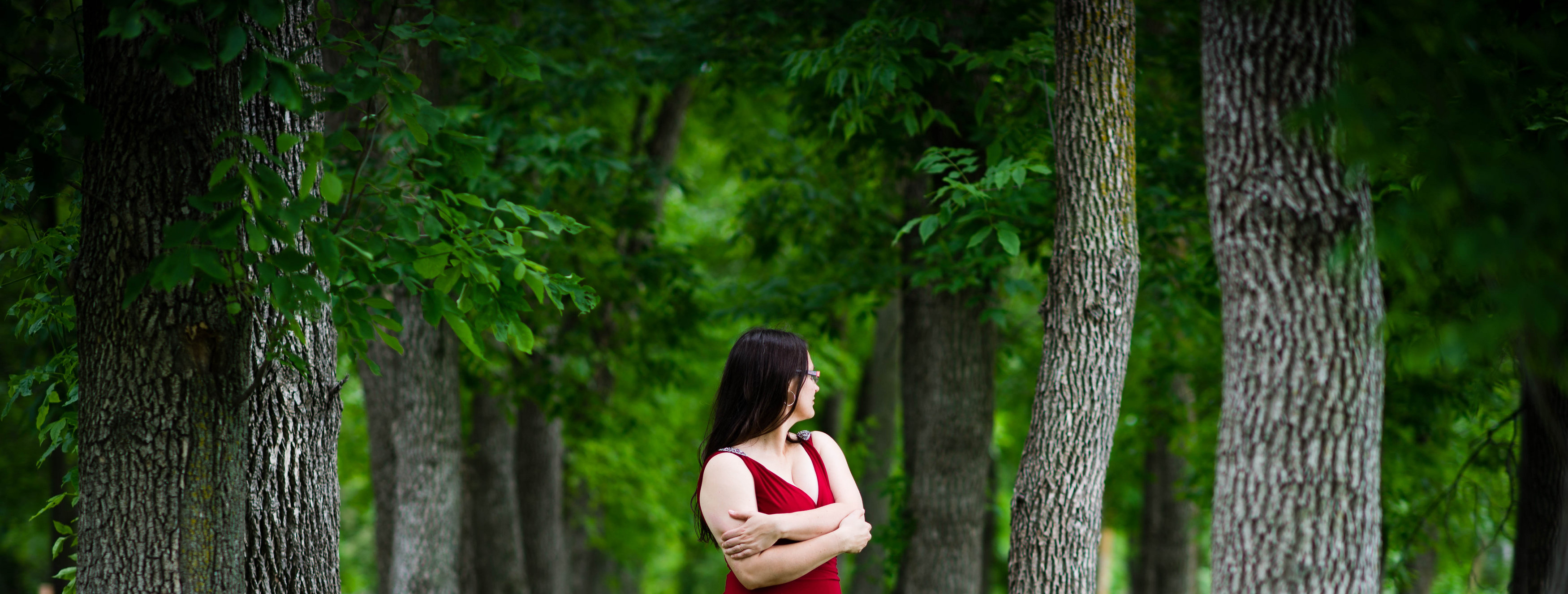(Original call for scores published January 1, 2020)
We can’t deny it. Climate change impacts—with dramatic, far-reaching power—the entire planet, both human life as well as the natural world. The United Nations’ official position states, “Climate Change is the defining issue of our time and we are at a defining moment.”
Each day I learn of evermore catastrophic and dire effects of climate change. You’ve read and heard the never-ending headlines, too: Arctic sea ice melting at exponential rates. Permafrost warming, creating even more carbon emissions. Devastating fires in California and Australia. Disruptive weather patterns causing unprecedented flooding and droughts around the world. Biodiversity crises looming large: the loss of 3 billion birds in North America, the extinction of the Sumatran rhinoceros in Malaysia, and severe endangerment of koalas in Australia, among a literal multitude of others.
It can be so disheartening to read the onslaught of depressing climate change news and consider the increasingly terrifying and tragic implications. For me, it’s easy to feel both overwhelmed at the enormity of the problem, while simultaneously feeling insignificant in what I, as one person, can accomplish to combat these issues and, in my own small way, to help save the planet. As a classical musician, what can I do?
Thus the origin of this project: a call for scores for new solo piano works that somehow respond to climate change. Pianists can program existent works that have a theme of “nature,” but I am currently aware of only two recently composed pieces that respond to climate change (certainly more may exist, I simply don’t know of them). Programming new works specifically devoted to the theme of climate change, sharing these musical works with audiences, aiming to evoke a response in the listener—which perhaps could impel them to greater civic action—is something I can do. To quote Leonard Bernstein, my reply to the violence the planet is currently subjected to is “to make music more intensely, more beautifully, more devotedly, than ever before.” In the midst of drafting my project, the Guardian published a call for classical music and musicians to do more, saying that “this crisis is the responsibility of all of us.”
The scope and inspiration for such pieces is wide-ranging and to be determined by the composer. Pieces could reflect the complicated dynamics that have brought us to this climate precipice: for instance, behaviors and factors that have contributed to climate change, such as greed, consumption, the Western world’s thoughtless and ubiquitous reliance on plastic and petroleum products. Perhaps some composers will compose pieces that reflect hope: hope that more and more leaders will make an active change in their governance to counter the effects of climate change [e.g., Minneapolis, a city close to my heart in my home state of Minnesota, has declared a Climate Emergency]; hope upon reading that Ethiopia planted 350 million trees in the space of 12 hours; and hope in the upcoming generation of young people and climate activists of the world, such as Greta Thunberg.
The title of “prayer” is not necessarily indicative of a religious quality to the music. A prayer can be a plea for mercy and forgiveness. A prayer can be a hopeful appeal to something beyond our human selves. A prayer can be an acknowledgement that individuals need to commit to the diligent, tireless work to create effective change while recognizing the need for external grace for help in effecting such a change. A prayer can have a miraculous impact.
